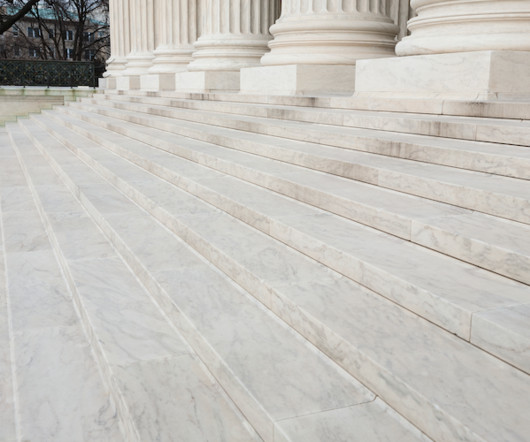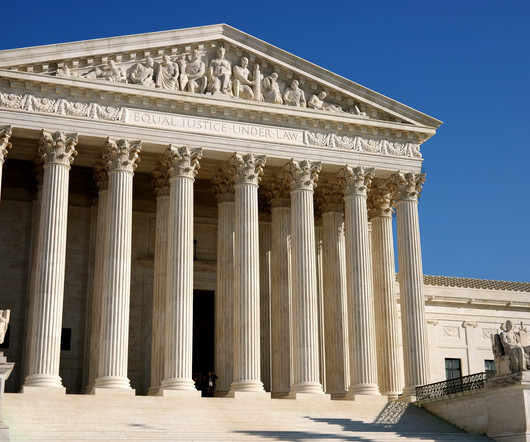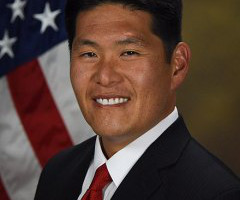SCOTUS Narrows Reach of Identity Fraud Statute
Constitutional Law Reporter
JULY 6, 2023
Supreme Court narrowed the scope of a federal aggravated identity theft statute. The justices unanimously held that a defendant “uses” another person’s means of identification “in relation to” a predicate offense when the use is at the crux of what makes the conduct criminal. In Durbin v. United States , 599 U.S. _ (2023), the U.S.





















Let's personalize your content